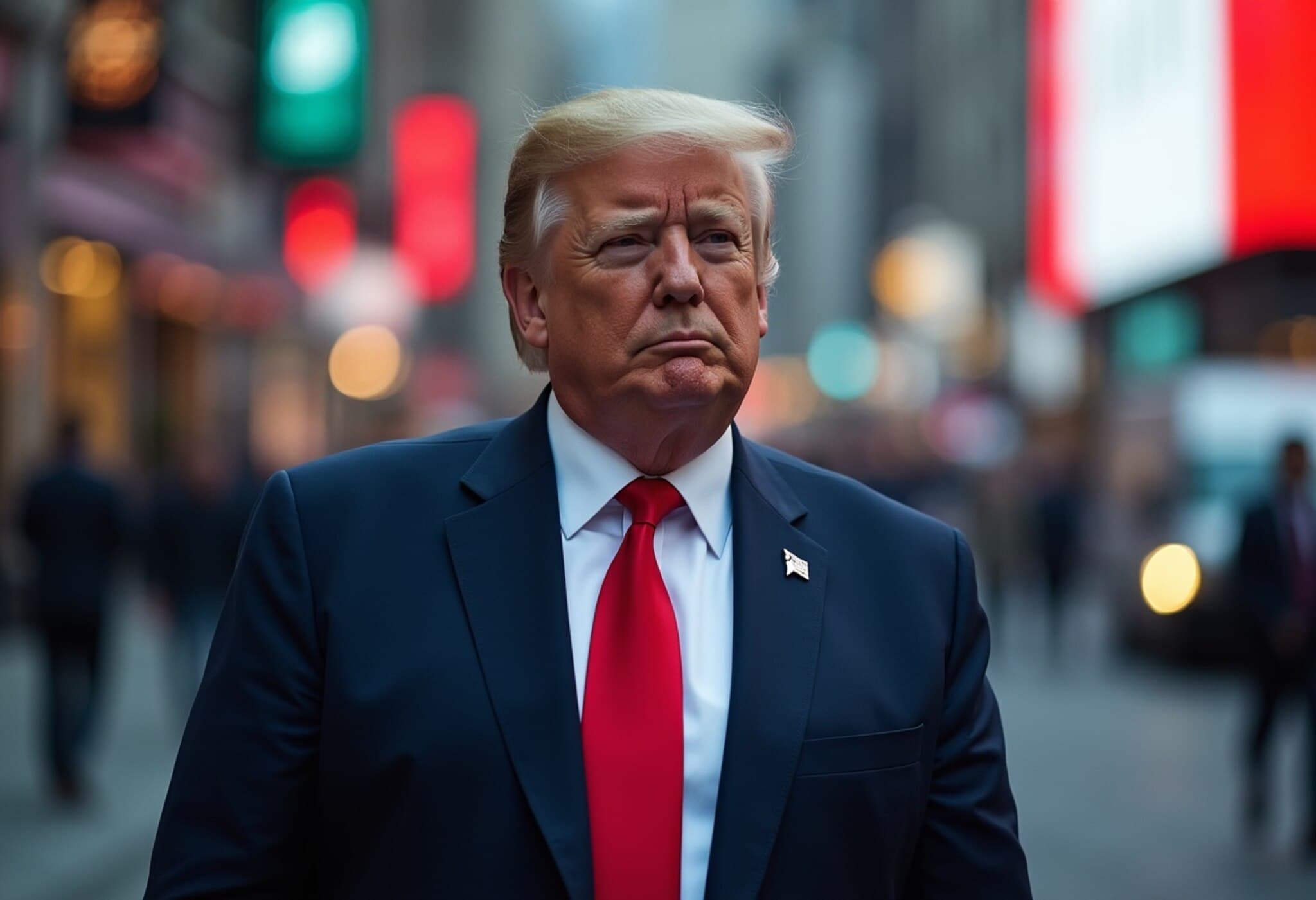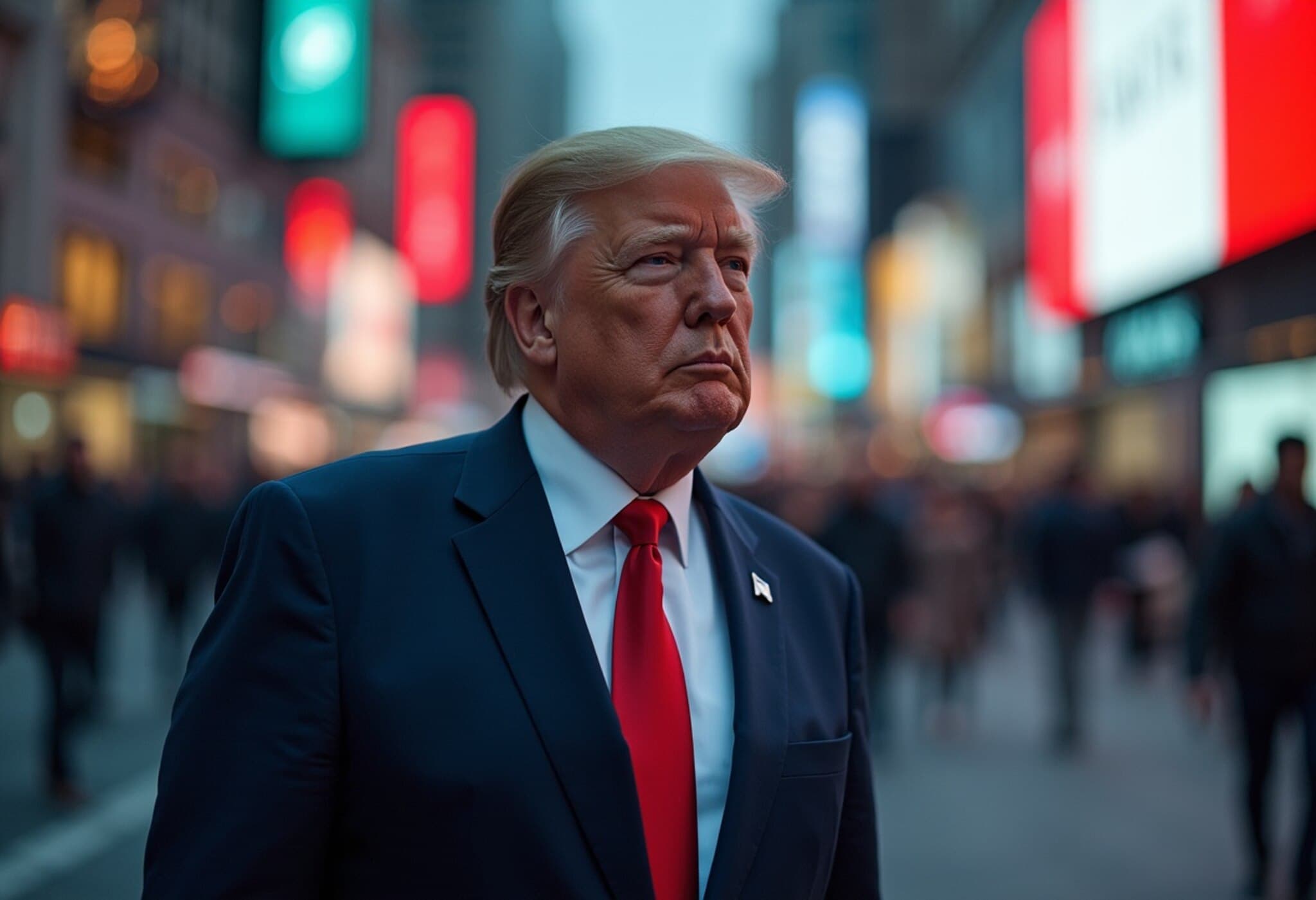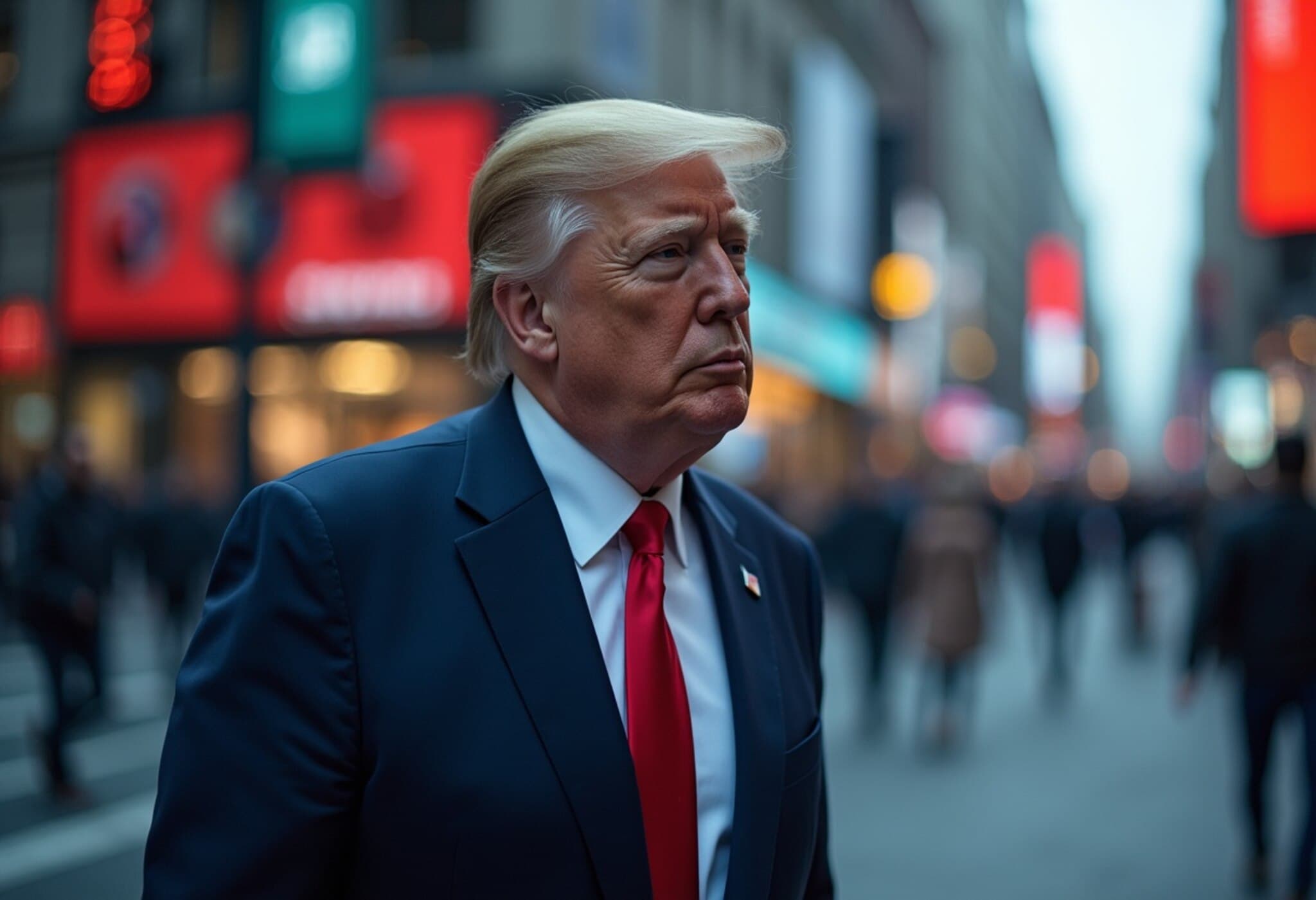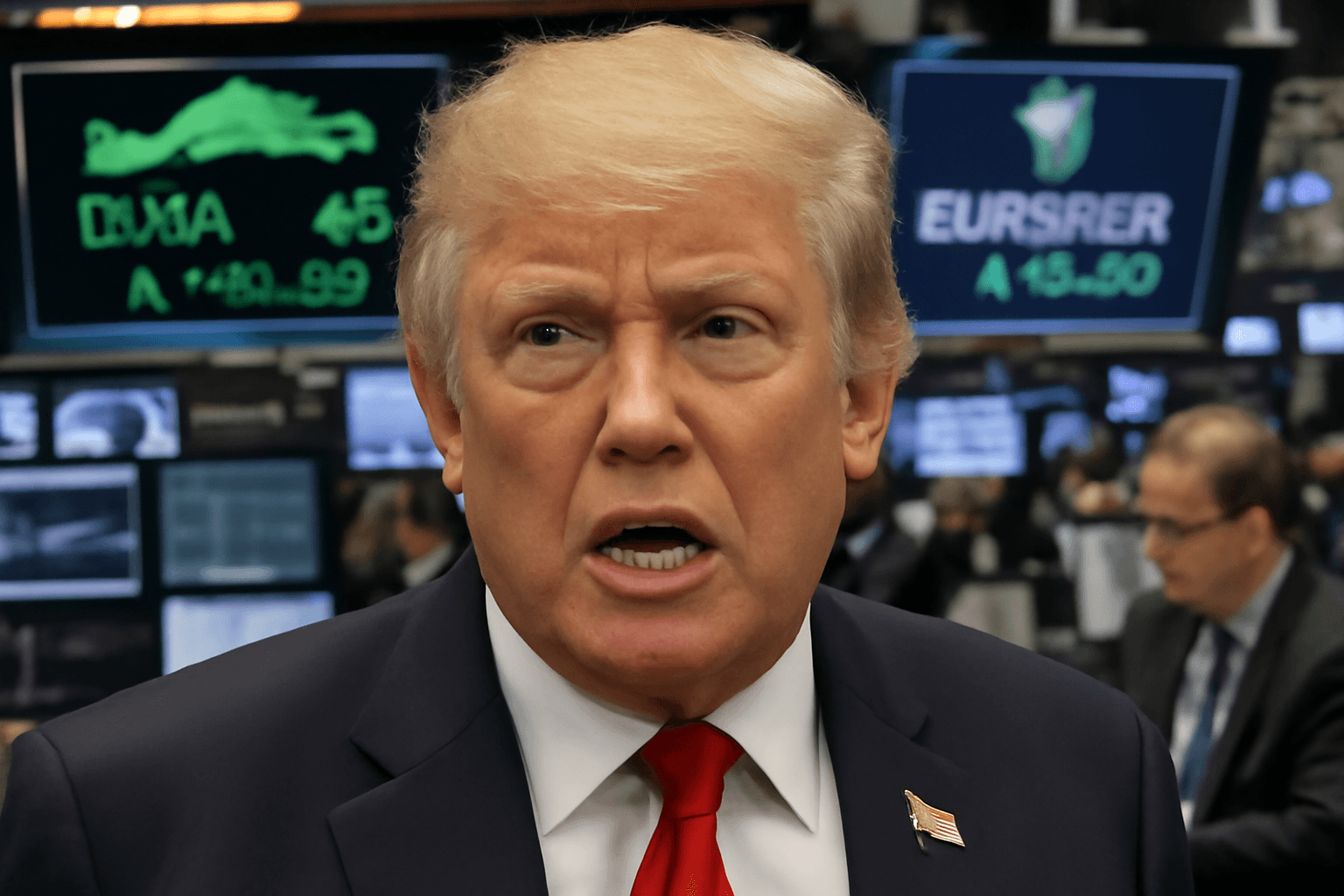European Stocks Set for Decline as U.S. Tariff Tensions Escalate
European markets are bracing for a cautious start on Friday following a robust four-day rally that culminated on Thursday. Despite the recent upbeat momentum, futures indicate a broad sell-off ahead of the opening bell, driven largely by escalating trade tensions between the United States and its key allies.
Tariffs in the Spotlight: U.S. Targets EU and Canada
Overnight developments revealed a significant escalation in President Donald Trump's trade policy. Starting August 1, the U.S. plans to impose new tariffs separate from the previously announced duties on steel, aluminum, and automobiles. The new tariff measures are expected to extend to key sectors, including an additional focus on metals such as copper.
More notably, a formal notification letter from the White House is expected imminently, detailing fresh tariffs targeting the European Union. This announcement comes as tension mounts following President Trump’s earlier indication that tariffs would be announced "over the next couple of hours" affecting both the EU and Canada.
Investor Sentiment and Market Implications
The threat of escalating tariffs underscores the fragility of transatlantic economic relations and injects significant uncertainty into European markets. Investors, already contending with global economic headwinds including inflation pressures and varying central bank policies, now face the added risk of a deepening trade dispute.
- Potential tariff hikes could slow cross-border commerce between the U.S. and Europe/Canada.
- Supply chain disruptions may impact multinational corporations, especially in automotive and metals industries.
- Market volatility is likely to increase as investors react to geopolitical risks and policy announcements.
Expert Insight: Navigating Uncertainty
Trade expert Dr. Maria Bell, professor of international economics at Georgetown University, notes, "These tariff moves signal a more protectionist stance that risks undermining the fragile recovery in global trade. The ripple effects could be felt in sectors beyond metals and autos, potentially heightening inflation and dampening investment across the board."
Market watchers are also closely monitoring whether the EU will enact retaliatory measures, which could spark a tit-for-tat escalation reminiscent of earlier trade disputes but on a broader scale. For American businesses with European supply chains, these developments add another layer of complexity in an already volatile landscape.
Looking Ahead
As European markets prepare for a cautious open, all eyes remain fixed on the forthcoming White House tariff letter. The specifics of the duties yet to be announced — including their scope, timelines, and exemptions — will be critical in shaping market reactions over the coming weeks.
Investors and policymakers alike face pressing questions:
- How will affected industries adapt to new trade barriers?
- Could diplomatic negotiation mitigate a full-scale trade war?
- What ripple effects might emerge for the broader global economy?
In a world increasingly interconnected by trade, these developments serve as a pivotal reminder of the delicate balance between national policy decisions and global economic stability.
Editor's Note: As the U.S. intensifies its tariff strategy against longstanding trade partners, the broader implications for global markets warrant close scrutiny. This ongoing saga highlights the critical interplay between economic policy and international relations, emphasizing the need for nuanced understanding beyond headline numbers. Readers are encouraged to consider how these tariff dynamics might influence not only markets but also everyday consumers and businesses on both sides of the Atlantic.



















